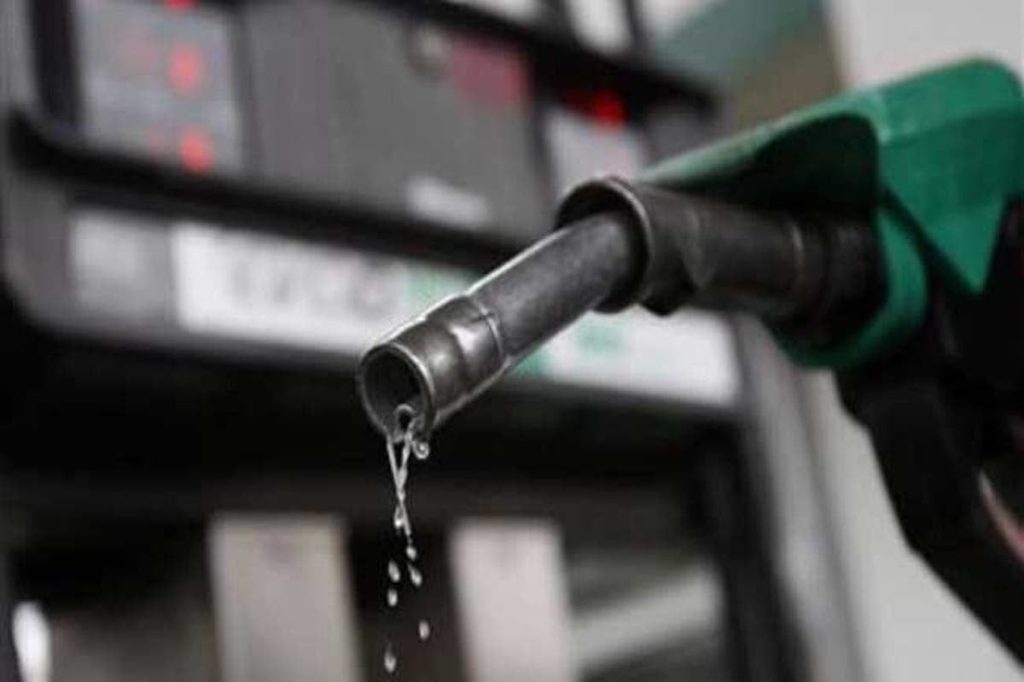Retail stations operated by the Nigerian National Petroleum Company Limited (NNPCL) on Monday adjusted pump prices of Premium Motor Spirit (PMS), also known as petroleum, pushing them to ₦945 per litre in the Federal Capital Territory and ₦915 in Lagos, marking a new high in Nigeria’s deregulated fuel market.
The latest increase reflects a ₦35 jump in Abuja and a ₦45 rise in Lagos, from previous prices of ₦910 and ₦870 per litre, respectively.
This upward revision comes on the heels of a recent move by the Dangote Petroleum Refinery, which raised its ex-depot price of petrol from ₦825 to ₦880 per litre—a development that has triggered a chain reaction across the downstream sector.
In Abuja, the NNPC station in the Federal Housing area of Kubwa now shows ₦945 per litre, while similar pricing was seen at the mega station along Obasanjo Way. In Lagos, stations in Igando and on the Badagry Expressway were dispensing fuel at ₦915 per litre.
Private marketers have followed suit. MRS, a key distributor linked with Dangote, raised its price to ₦925 per litre in Lagos, while TotalEnergies adjusted its pump price to ₦910. Other independent marketers, such as Oluwafemi Arowolo Petroleum in Iba, pegged their prices around ₦920.
Depot operators, including Wosbab, Pinnacle, and NIPCO, have also revised their ex-depot rates upward, now ranging between ₦920 and ₦925 per litre as of June 23. Industry insiders attribute the spike to rising upstream costs and volatility in the global crude oil market.
Why petrol price increased
The international oil market remains tense, driven by fears of broader geopolitical conflict. The recent joint airstrikes by U.S. and Israeli forces on Iranian nuclear sites have reignited concerns about global supply disruptions. Analysts warn that Brent crude could soon top $80 per barrel if hostilities continue.
Amid the uncertainty, independent marketers are raising alarm over a possible surge in retail prices beyond ₦1,000 per litre in the coming weeks.



